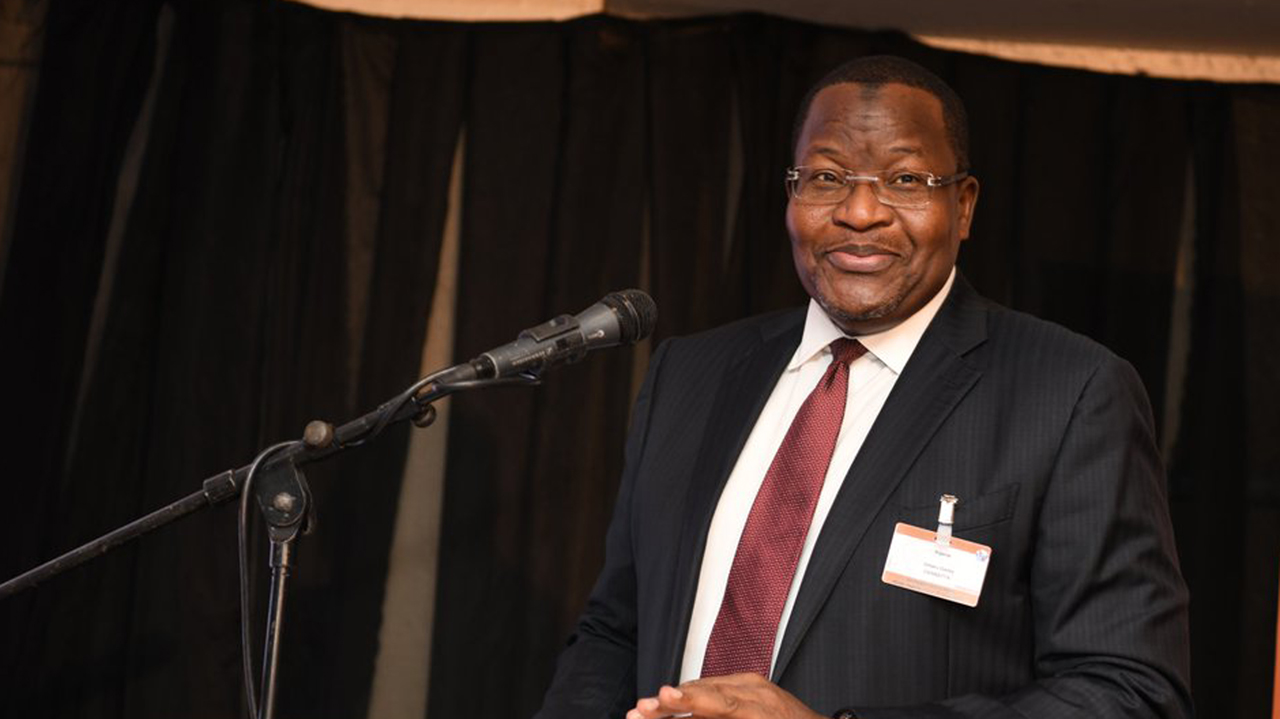
NCC advocates PPP to boost infrastructure, RAS to block revenue leakages
Nigeria will leverage the Device Management System (DMS) project to tackle the menace of SIM boxing and call masking, which not only constitute national security risk but also aid anti-competition in the telecoms sector.
The Executive Vice Chairman, Nigerian Communications Commission (NCC), Prof. Umar Danbatta, disclosed this, yesterday, at the 2021 virtual conference and exhibition on Information Communication Technology and Telecommunications (ICTEL) organised by the Lagos Chamber of Commerce and Industry (LCCI).
Recall that in the last three years, the menace of SIM boxing and call masking were major challenges faced by the sector.
Call masking allows operators to terminate inbound international telecoms traffic as local calls, thereby shielding them from paying the international termination rate (ITR), which is the interconnection charge recommended by telecoms traffic carriers as carrier-to-carrier charges.
A SIM box fraud, on the other hand, is a practice where SIM boxes are installed with multiple prepaid SIM cards. This enables fraudsters to bring calls through VOIP (Internet) and terminate international calls through local phone numbers in the respective country. This makes it appear local by initiating the call through local SIM installed in the SIM box.
Danbatta, who harped on the importance of Public Private Partnership (PPP), said the commission had in November 2020 created a ‘PPP Unit’ as a division under its Special Duties Department. He said the unit oversees the implementation of the NCC’s revenue assurance solutions (RAS) as well as the DMS project.
According to him, the two projects are being implemented in collaboration with private sector players. “While the RAS is intended to address the revenue leakages accruable to the government, through the NCC, the DMS is intended to address the issue of type approval of telecom equipment and devices to ensure originality and standardisation because of the implication of substandard devices to health and quality of service. The DMS is also instituted to tackle the problem of SIM boxing and call masking.”
He said there is need to reflect on how the country can effectively implement regulations and policies as well as create an enduring collaboration between the private and public sector for the development of the digital ecosystem.
The NCC chief said the role of public-private partnership in infrastructure development in Nigeria could not be overemphasised because a robust and functioning infrastructure is the bedrock of communal and societal development.
“Therefore, to meet future challenges, our industries and infrastructure must be upgraded by evolving an enduring PPP model that services all the sectors of the economy. Objectively, the high level of infrastructure deficit and its attendant effect on socio-economic development in Nigeria explains government’s concern and search for an alternative means of providing infrastructure for Nigeria’s teeming population,” he said.
Danbatta noted that if the telecoms and ICT sector is the real ‘infrastructure of infrastructure’ as it is often referred to because of its impact, efficiency and effectiveness on the growth of other sectors, it stands to reason, that the telecoms sector is the most important sphere where PPP should be adopted.
He said a 2012 World Bank report has already documented how PPP projects have been used to provide broadband access nationally, regionally, or in rural areas to improve broadband access to un-served and under-served locations.



